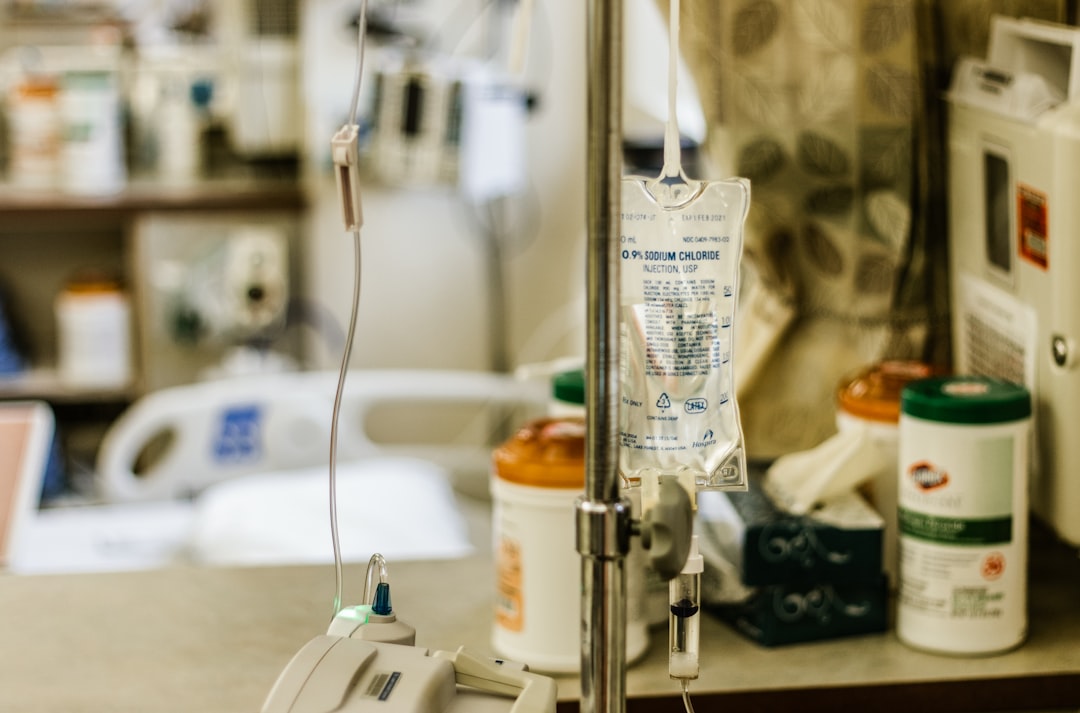What is it about?
Mental health certified peer specialists (CPS) have personal experience of mental health conditions and are employed to support the self-directed recovery of others living with these conditions. Peer specialist certification began in 2001 and federal Medicaid reimbursement for peer support services was authorized in 2007, leading to a significant increase in the numbers of certified peer specialists throughout the U.S. The survey we undertook in 2016 found that .almost all states now have peer specialist training and certification programs. A total of 25,317 peer specialists had been certified. Arizona, Washington, Pennsylvania and South Carolina had the highest proportions of peer specialists per 100,000 population. A table in the article shows the number of CPS per 100,000 population for all states, the District of Columbia (DC) and the U.S. Department of Veterans Affairs (VA). The article provides additional information about agencies responsible for certification, as well as available CPS specialty areas, such as co-occurring disorders, families, forensic, and youth.
Featured Image
Why is it important?
Individuals with personal or "lived" experience of mental health conditions can be very helpful to others in similar circumstances. Peer specialists encourage others to believe in the possibility of recovery; they assist service users with mental health conditions in identifying personal goals and taking steps to achieve these goals. Peer specialists serve in a support rather than a clinical role and can be valuable partners with clinicians such as psychiatrists, psychologists, social workers and nurses, helping them understand the service user's point of view and personal goals. Certification means that in addition to personal lived experience, a peer specialist has received training and has qualified for certification. It's important to know the size and development of the CPS workforce in order to strengthen the role of peer support workers and promote their career development. Research is needed on CPS employment, supervision and career advancement.
Perspectives
No one knew the number of CPS in each state and the U.S. until colleagues Nev Jones, Ph.D. and Cherise Rosen, Ph.D. and I designed and undertook the survey. We're pleased to share the survey results, showing 25,317 CPS nationally since certification began in each state, DC and the VA. We hope eventually to learn the number of CPS employed in each state at a given time. CPS employment is an important shift in serving people with mental health conditions, as it brings hope and specific steps towards recovery to individuals living with mental health conditions,. CPS employment also helps those working in the mental health field to better understand what it's like to live with a mental health condition as well as to become more hopeful themselves about recovery and community inclusion. Furthermore, CPS employment enables those with lived experience to give back and see the recovery and increased community participation of those to whom they've provided support, guidance and mentoring.
Jessica Wolf
Yale University
Read the Original
This page is a summary of: National Trends in Peer Specialist Certification, Psychiatric Services, October 2018, American Psychiatric Association,
DOI: 10.1176/appi.ps.201800333.
You can read the full text:
Contributors
The following have contributed to this page










